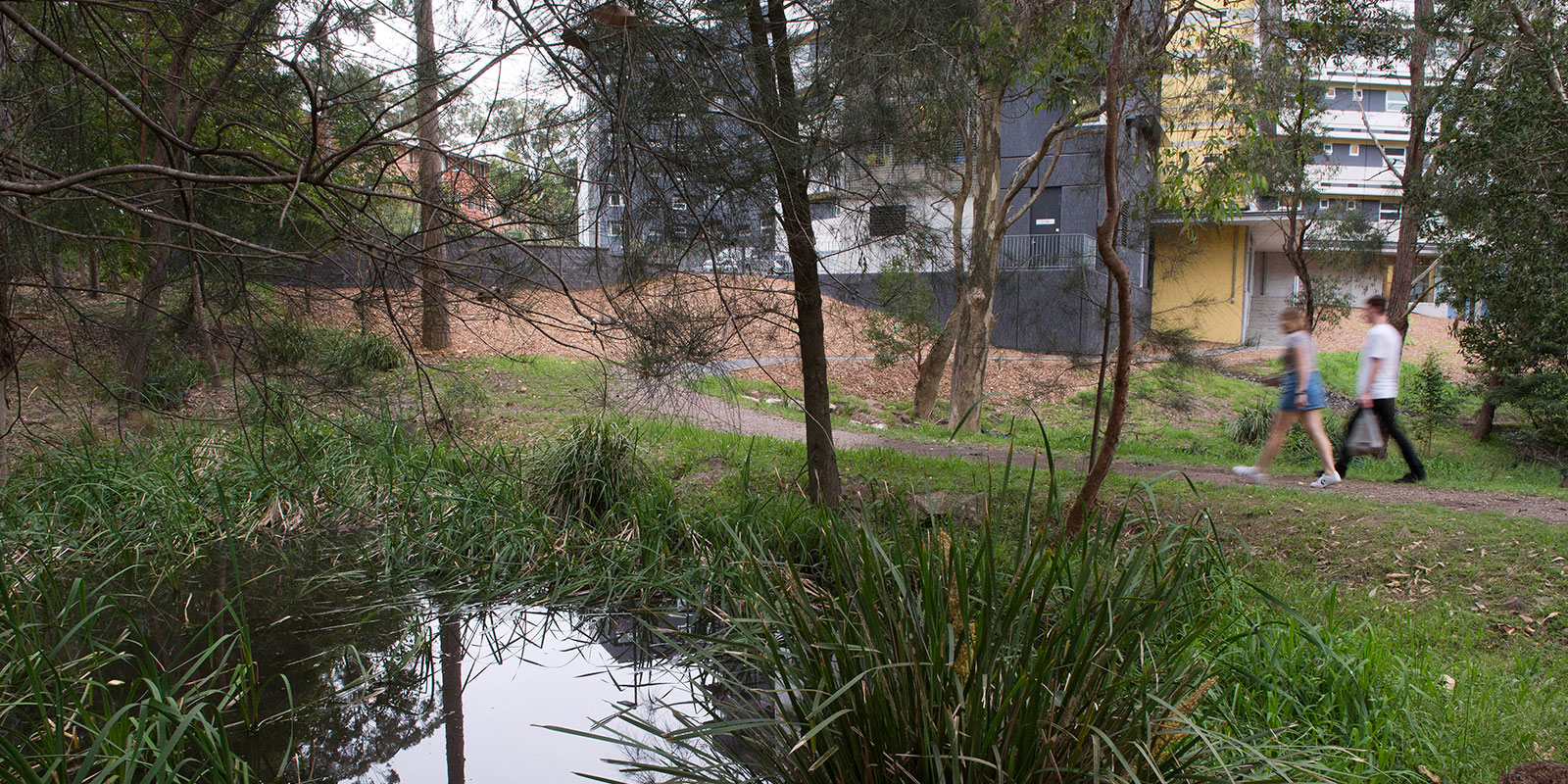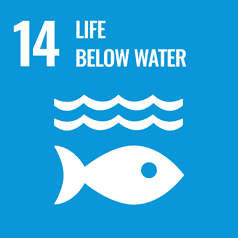

Goal 14:
Life Below Water
Minimising Alteration of Aquatic Ecosystems
The University of Newcastle has a clear commitment and framework in place to minimise harmful alterations to aquatic ecosystems, as outlined in our Environmental Sustainability Policy.
Relevant Policy Clauses:
- Water:
Commits the University to prevent the pollution of our water systems and aquatic ecosystems, ensuring that physical and chemical impacts are mitigated at the source. - Waste and Recycling:
Supports the reduction and responsible management of waste, reducing the risk of chemical leaching, runoff, and habitat degradation impacting aquatic environments. - Biodiversity and Landscaping:
Encourages conservation and enhancement of local biodiversity, including water-sensitive design and native planting, to protect ecosystem health and resilience — including in adjacent aquatic systems.
The current version of this policy was released on the 8th of December 2022. The next review will be in December of 2025.
Supporting Actions and Initiatives
In addition to policy commitments, the University implements the following practical measures to minimise ecological disturbance:
- Water-Sensitive Urban Design (WSUD):
The University incorporates natural drainage systems, biofiltration, and wetlands into campus infrastructure to filter pollutants, reduce sedimentation, and maintain ecological balance in receiving water bodies. - Construction & Development Guidelines:
The Hydraulic Services Guiding Document includes mandatory controls for stormwater and subsoil discharges, aligning with NSW EPA and local council standards to limit physical and chemical impacts on water systems. - Monitoring & Research (2024):
In 2024, University researchers led studies on microplastics, nutrient outflows, and estuarine ecosystem stress, helping to inform practices that reduce harmful biological and chemical alterations in aquatic environments — both locally and in the Pacific region. - Green Infrastructure and Landscaping:
The University’s landscaping plans favour native vegetation, riparian restoration, and low-impact design, which helps stabilise waterways, filter runoff, and maintain biodiversity corridors connected to aquatic systems.
These policies and practices reflect the University's integrated approach to protecting aquatic ecosystems from physical disruption, chemical pollution, and biological imbalance, consistent with national environmental regulations and international sustainability goals.
The University of Newcastle acknowledges the traditional custodians of the lands within our footprint areas: Awabakal, Darkinjung, Biripai, Worimi, Wonnarua, and Eora Nations. We also pay respect to the wisdom of our Elders past and present.